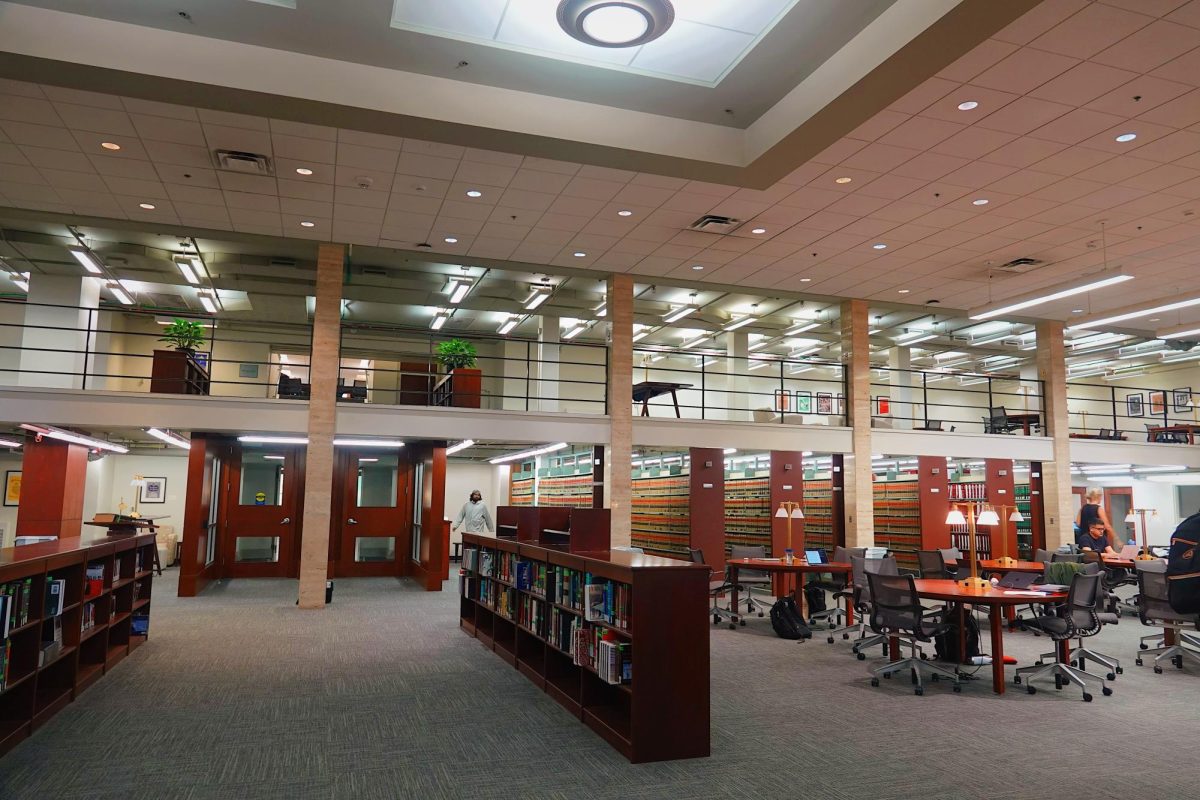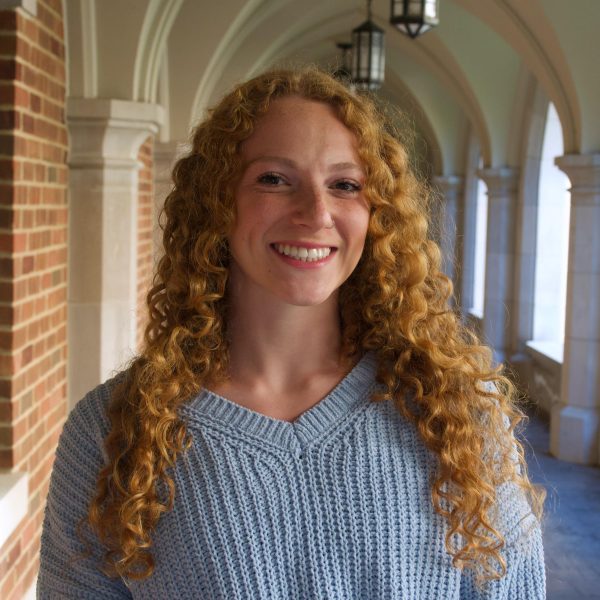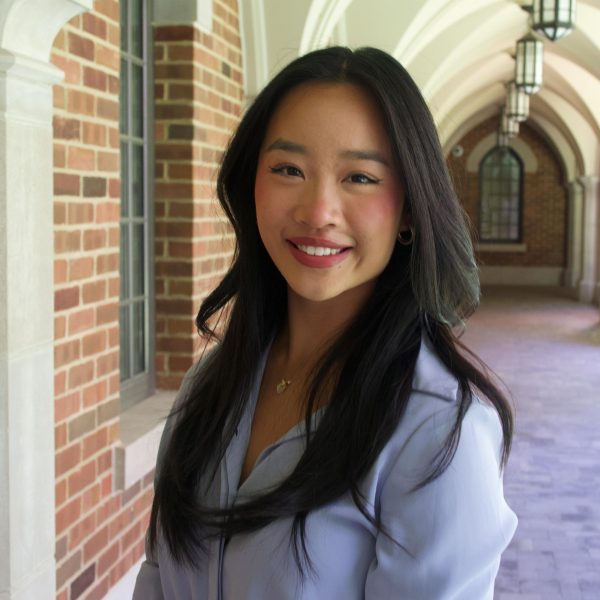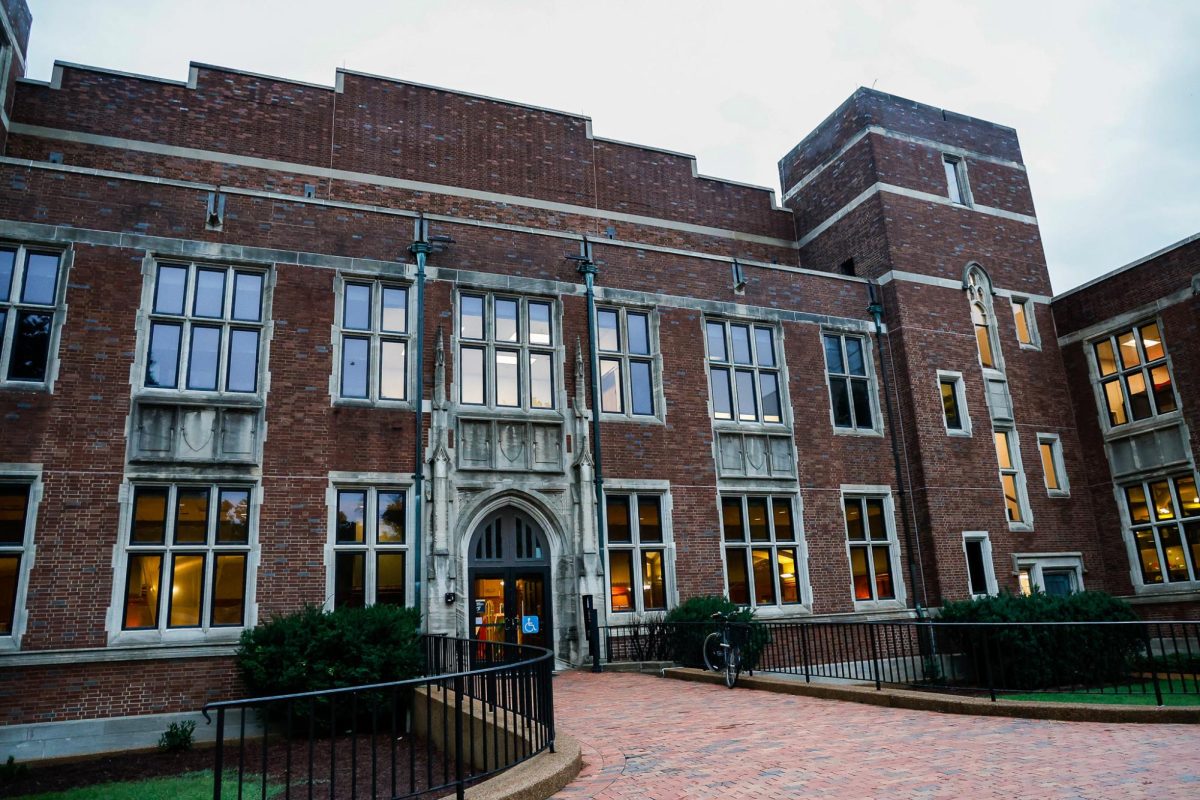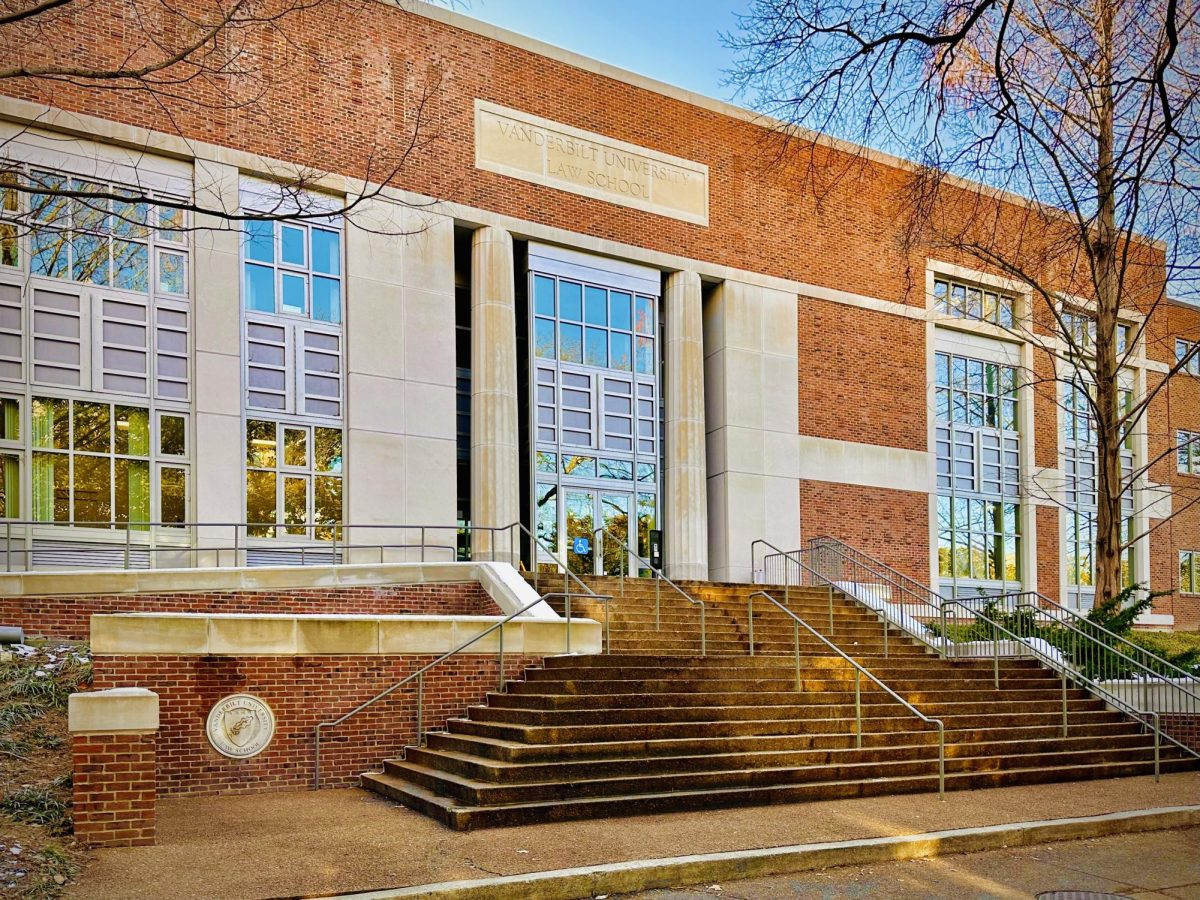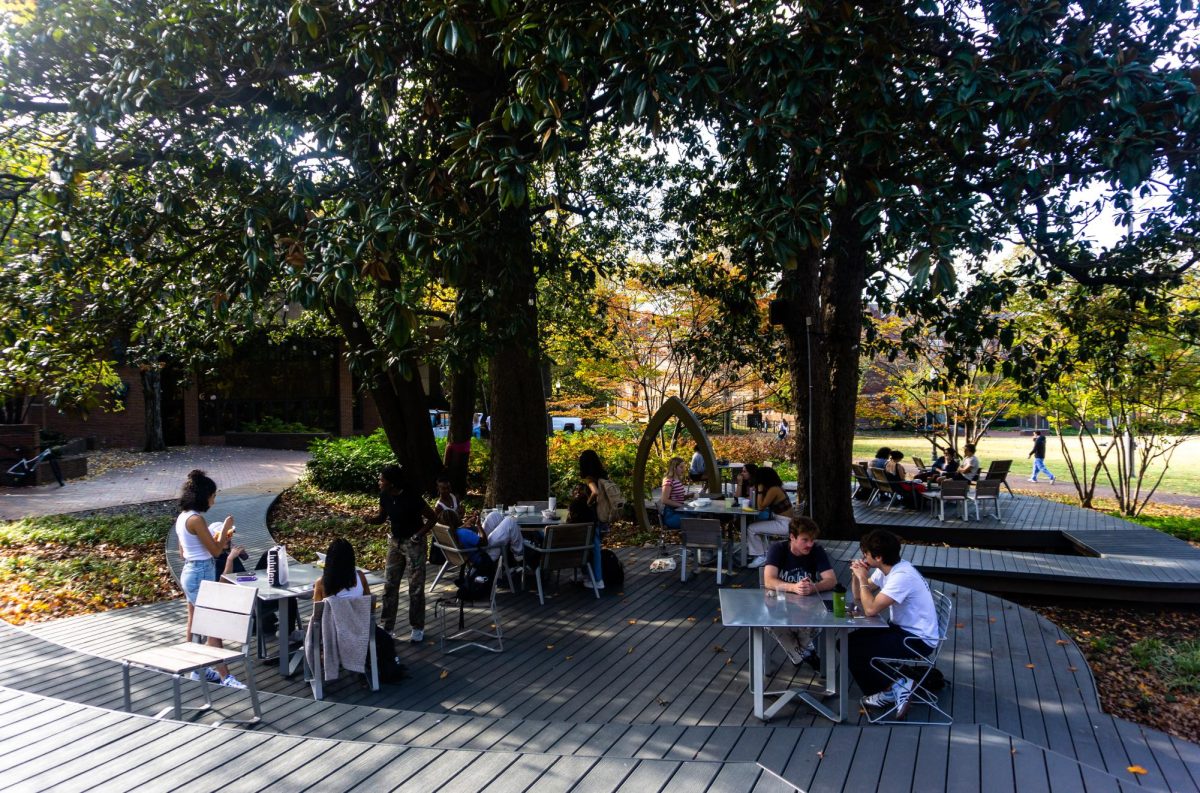Vanderbilt Law School recently received a $6.8 million gift from the Anbridge Charitable Fund to establish The Gail Anderson Cañizares Innocence Clinic, as announced in a press release on March 3. The clinic will be dedicated to supporting wrongfully convicted individuals in Tennessee while providing law students with the opportunity to gain case experience.
The clinic will officially launch in spring 2026, and will be available as a course option for second and third-year law students. In the press release, Dean of the Law School Chris Guthrie expressed his gratitude to the Anbridge Charitable Fund and its directors, Gail (B.A. ‘74) and Rob Cañizares, for the funding. Gail Cañizares has played a large role in the Tennessee Innocence Project, a non-profit organization devoted to examining and appealing wrongful conviction cases, for over 15 years.
“I am humbled by this transformative gift,” Guthrie said in the press release. “Thanks to the vision and generosity of Gail and Rob Cañizares, we will be able to provide our students with a transformative educational experience in pursuit of justice for the innocent.”
The course will be led by Robert S. and Theresa L. Reder Chair in Law, Terry Maroney, who has played a large part in the academic establishment of the clinic. Anne-Marie Moyes (J.D. ‘02), current executive director of the Korey Wise Innocence Project at the University of Colorado Law School, will be joining Vanderbilt’s team in the summer of 2026 as the clinic director as well as the new professor for the course.
“I am sure I will continue to be involved [in the clinic after Moyes takes over],” Maroney said in a message to The Hustler. “I am not quite sure how yet, but I am really excited. I feel like I have been carrying this banner [the clinic] for a while.”
Moyes will mainly serve as a supervisor for students who take the course. Maroney praised Moyes and said that one of the reasons the clinic is excited for Moyes’ return is because of her experience as a public defender on multiple exoneration cases, one of which ended in her marrying the man she freed. The couple has now been married for nearly 13 years and has one child.
“She has lived the experience in a very deeply personal way. She knows what it takes to exonerate somebody, what it takes to get somebody out of prison and just how valuable it is for them,” Maroney said. “There really could not possibly be a better person to be leading this clinic.”
With Moyes’ guidance, Vanderbilt law students will undertake wrongful conviction cases with the goal of overturning them and delivering freedom to the innocent. To identify these cases, the clinic will coordinate with the Tennessee Innocence Project.
Moyes said she believes the clinic will have a major impact on both Vanderbilt law students and the Tennessee community as a whole.
“Wrongful convictions happen with disturbing frequency in the American legal system. Vanderbilt’s new Innocence Clinic will play an important role in seeking justice for the wrongfully convicted in Tennessee,” Moyes said in a message to The Hustler. “Clinic students will help to select cases and will then learn valuable litigation skills as they plan investigations, develop new evidence of innocence and bring that new evidence to court.”
Maroney also expressed enthusiasm for the program and its significance, echoing sentiments she has heard from fellow professors in the law school.
“Students are only students here for a little bit of time, but they’re going to be among the dozens of people who get to make that [freedom] happen for somebody,” Maroney said. “They’ll work on small pieces of something bigger, but without the small pieces, the big thing never happens. It’s going to be really important, really fun, and we’re all pretty excited about it.”
Phillippa Powers, a first-year law student, said she is looking forward to joining these clinics in the next few years.
“I hope to be involved in clinics in the future, and I think they are a great way to connect with the community while strengthening tangible legal skills,” Powers said.
In a message to The Hustler, Assistant Dean for Development and Alumni Relations at Vanderbilt Law School Clay Cline explained that the Cañizares family preferred to have the media spotlight be on the work done at the clinic, which will be supporting Vanderbilt’s Dare to Grow campaign as participating students strive to tackle challenges across the world and in Nashville, Tennessee.
“The Cañizares family did not want the focus of this important work to be on them,” Cline said.

